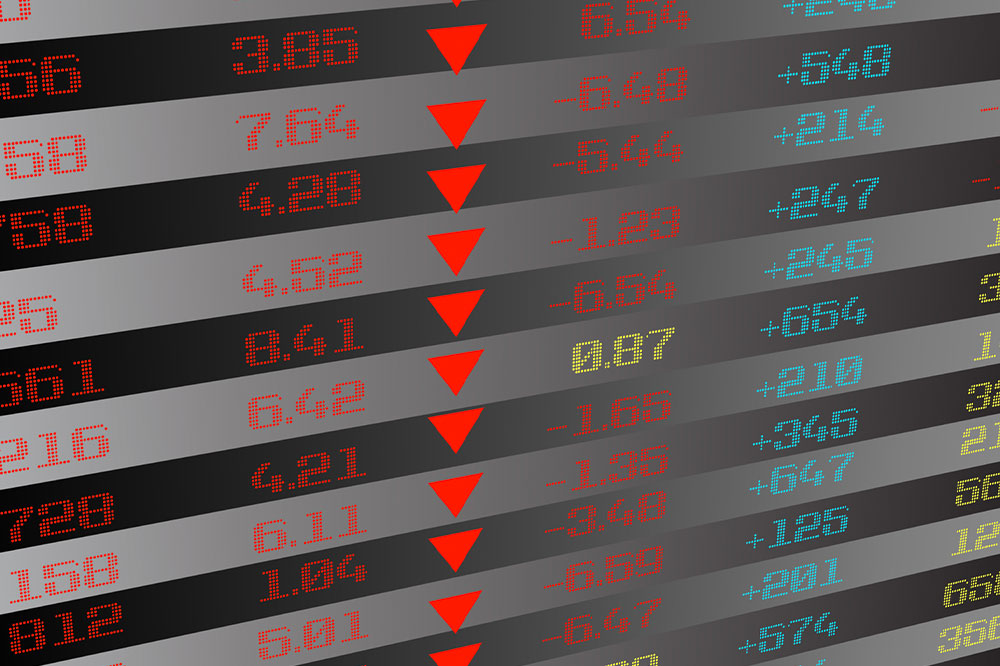Strategies for Picking Dependable High-Yield Dividend Stocks
Discover effective strategies for selecting high-dividend stocks that offer reliable income and strong financial health. Learn how to evaluate dividends, company stability, and payout sustainability to enhance your investment portfolio. Perfect for conservative investors and retirees seeking steady cash flow through dependable dividend-paying stocks.
Strategies for Picking Dependable High-Yield Dividend Stocks
Investing in stocks that provide high dividend payments is a smart approach to boosting your retirement savings. With numerous options available, it can be challenging to select the best investments. Understanding how to identify reliable stocks with attractive dividends helps create a steady income stream. Key factors such as company stability, dividend history, and financial health determine whether a stock is a good high-dividend choice. Mastering these criteria simplifies your investment decisions and enhances portfolio reliability.
Basics of Stocks
Stocks represent partial ownership in a company. Buying a stock makes you a shareholder, entitling you to a portion of the company's profits and voting rights depending on the stock type.

Stocks come in two main categories: common stocks and preferred stocks. Common stocks offer voting rights and dividends, while preferred stocks prioritize dividend payments but usually do not include voting rights.
Dividends are periodic payments made by corporations to shareholders from their profits, typically issued quarterly. Not all companies pay dividends. The dividend yield expresses the annual return percentage; for example, a 3% yield means earning $3 annually per $100 invested.
Established, profitable companies tend to pay dividends regularly. They often have steady earnings, low debt, and strong cash flows, making them attractive for income-focused investors.
These firms usually demonstrate solid financial health, consistent growth, and a loyal investor base that values dividend income.
Identifying High-Dividend Stocks
Prioritize companies with a proven history of paying dividends, as they are more likely to sustain payments over time. Mature, stable organizations typically have less profit volatility.
Look for firms with strong financials, including solid balance sheets and high profit margins, which can support higher dividend payouts even in challenging economic conditions.
Industries with less intense competition often deliver higher margins, enabling increased dividends. Companies that regularly raise dividends are often indicating financial strength and growth prospects.
A high dividend yield shows a large payout relative to stock price, but the sustainability of these dividends depends on the company's cash flow and overall financial stability.
Low debt levels diminish the risk of financial trouble, helping ensure continuous dividend payments. Earnings growth can also facilitate higher dividends over time.
Undervalued companies with strong earnings and dividend growth potential can offer attractive investment opportunities, combining income and capital appreciation.
Assess whether dividends are sustainable; a high yield today may not be maintainable if cash flows do not support long-term payments.
Benefits of Investing in High-Dividend Stocks
Stocks offering yields above 4% can generate increased income, beneficial for reinvestment or supplementing income streams.
These stocks tend to be more stable and less volatile, thanks to resilient business models, making them favorable for conservative investors.
This approach is especially advantageous for retirees seeking dependable income sources, providing regular cash flow.
Avoid stocks with high yields paired with low payout ratios, as such combinations may indicate dividend risks. A thorough analysis helps ensure sustainable income and growth potential.
Important Reminder:
This overview synthesizes research, expert insights, and statistical data. Market conditions are constantly evolving, which may affect relevance. We do not accept responsibility for inaccuracies or differing opinions. Consultation with a financial advisor is advised before making investment decisions based on this information.


